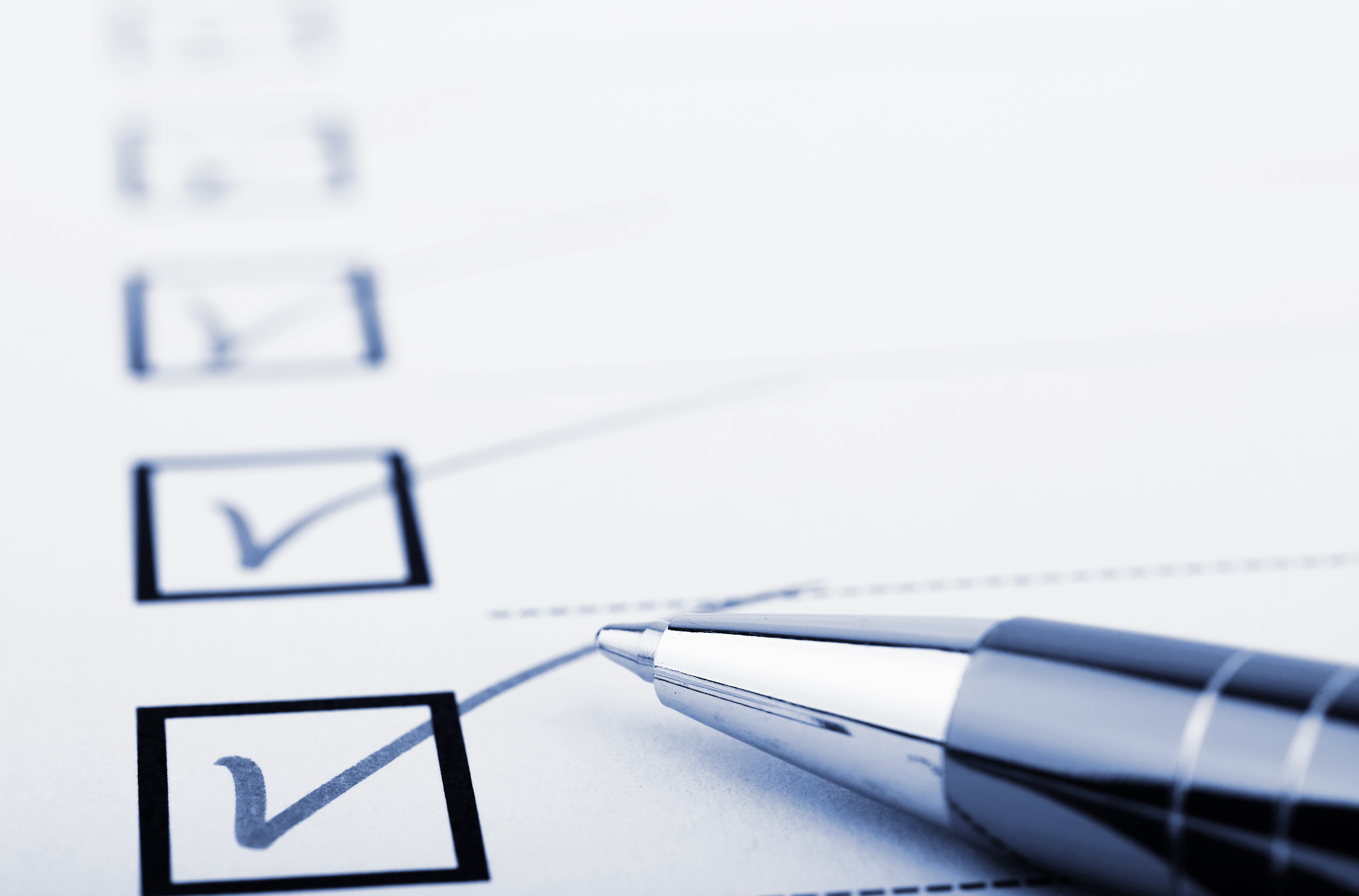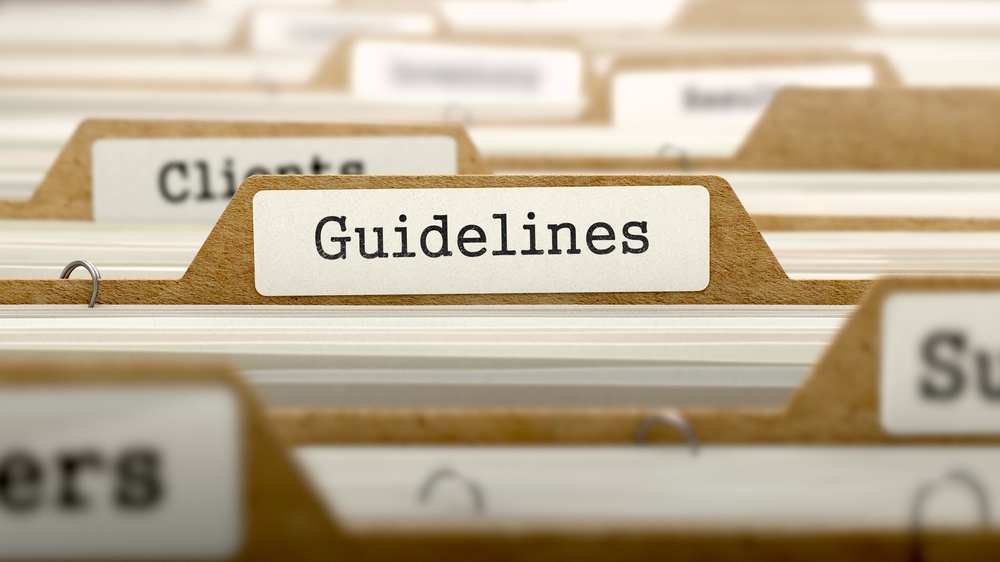3 Ways a Switch Kit Makes Switching Banks Easier
If you’re thinking about switching to a new bank or credit union, you might have come across some financial institutions offering something called a...
2 min read
 Chris Gottschalk
:
Feb 22, 2022 4:45:00 AM
Chris Gottschalk
:
Feb 22, 2022 4:45:00 AM

If you search the Internet for advice on how to switch to a new bank or credit union, odds are you’ll get a lot of articles that do their best to explain how to switch banks in the most straightforward way possible. What you won’t get, though, are those bits of information you can only obtain if you’ve personally had to switch to a new bank or credit union.
Admittedly, this point might be so obvious that people don’t think they have to bring it up, but it is still worth mentioning. If you’re moving, for instance, and you wait until the day before to switch to a new bank or credit union, you’re going to overlook a few important details, like transferring over an automatic payment or your direct deposit.
 If you plan your switch at least a couple weeks in advance, though, you can use that time to gather all the information you need for your switch to go smoothly. You can look through your old bank statements to record all the automatic payments you made, for instance, not to mention your direct deposits. You can also gather up information about your old bank that you can keep handy when you finally make the request to close your old bank account.
If you plan your switch at least a couple weeks in advance, though, you can use that time to gather all the information you need for your switch to go smoothly. You can look through your old bank statements to record all the automatic payments you made, for instance, not to mention your direct deposits. You can also gather up information about your old bank that you can keep handy when you finally make the request to close your old bank account.
Speaking of which…
According to conventional wisdom, the final step of switching to a new bank or credit union is closing your old account. However, this isn’t required. If your old financial institution offers something your new financial institution doesn’t, you may want to keep your old account open.
The only caveat about keeping your old account open is to make sure you don’t have more checking and savings accounts than you can keep track of. If you do, you run the risk of accidentally overdrawing an account or worse, having someone hack into your account and draining your funds without your knowledge.
Unlike a lot of other institutions, opening up an account with most new financial institutions don’t require a fee. Of course, most financial institutions require a deposit up front, but it’s money that will still be available for you—and if you made the deposit into a savings account, it will almost always earn interest.
You should know, though, that some bank accounts might charge you a fee or two when you close your account, especially if you close your account within a month or two of you opening it. However, most of the time you should be able to close your account without having to pay through the nose.
 While there’s nothing wrong with having your old financial institution transfer the funds in your previous account to your new account, there’s no denying that it will take a few days for the transfer to go through. If you need to get money in your account faster, you might want to write a check to yourself from your old account and deposit it in your new one.
While there’s nothing wrong with having your old financial institution transfer the funds in your previous account to your new account, there’s no denying that it will take a few days for the transfer to go through. If you need to get money in your account faster, you might want to write a check to yourself from your old account and deposit it in your new one.
If you need money in your account instantly, though, withdraw the money in your account in cash and deposit it into your new account. While carrying a lot of cash on hand is always risky, it’s the surest way to get money in your account fast.
Even though people have written a lot about how to switch to a new bank or credit union, there are still some aspects of the process that people don’t mention. Knowing what they are won’t make switching to a new financial institution drastically easier, but they will let you tailor the bank switching process in a way that works better for your personal needs.
If you’re looking to switch to a new financial institution, why not become a member of First Alliance Credit Union? Becoming a member only costs $5, and you can use our free downloadable switch kit to make the process as smooth as possible.

If you’re thinking about switching to a new bank or credit union, you might have come across some financial institutions offering something called a...

The biggest reason why people don’t switch banks is fear. Fear that they’ll overlook something important while switching bank accounts, and that...

Look online and you’ll notice that many financial institutions are more than happy to provide information about how to open a new account. When it...